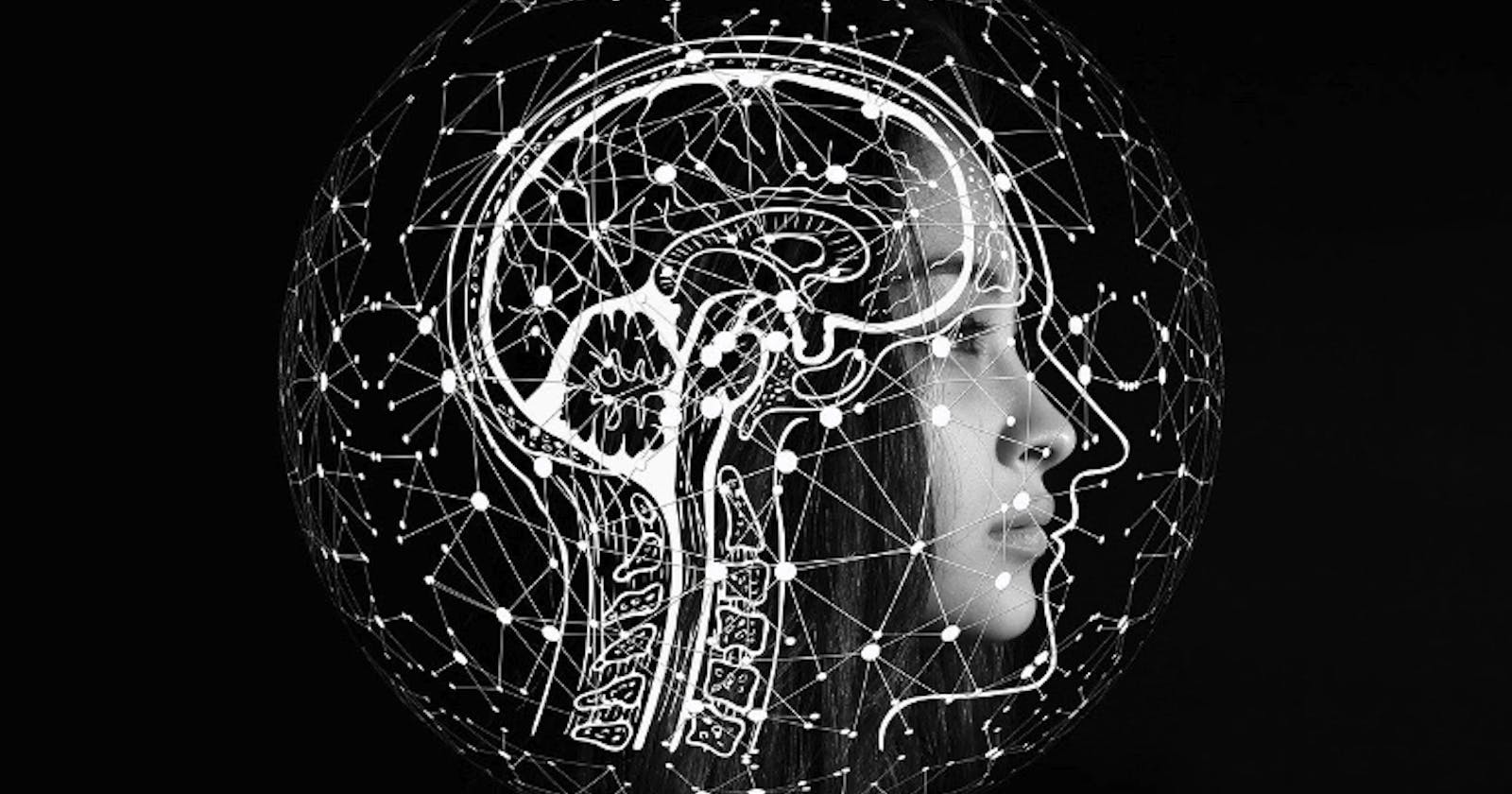Table of contents
No headings in the article.
Artificial Intelligence (AI) is an emerging technology that has taken the world by storm. It has the potential to revolutionize our lives in countless ways, from how we work and play, to how we interact with others.
AI is the ability of machines to perform tasks that typically require human intelligence. With its advanced algorithms, machines can learn from data, make predictions, and solve problems in a manner that was once thought to be exclusive to humans.
AI is widespread across various industries, including healthcare, transportation, retail, and finance. AI diagnoses diseases develop personalized treatment plans, and even performs surgeries in healthcare.
AI is used to analyze data and find patterns, and researchers can develop new solutions to these problems, making the world a better place.
Additionally, AI can help improve education by providing students with personalized learning experiences and assisting teachers in understanding their students' learning needs better.
OpenAI's ChatGPT has been making waves since its launch as an "early demo" of the GPT-3.5 series.
Its interactive, conversational format has captivated the AI community and the general public, and its possibilities and limitations have been extensively discussed.
In recent news, Microsoft has invested billions more into OpenAI, further solidifying its position as a serious contender.
However, several competitors are also stepping up to challenge ChatGPT. These include Anthropic's Claude, DeepMind's Sparrow, and Google's LaMDA/Bard.
Anthropic, a San Francisco-based startup founded by former OpenAI researchers, is close to raising roughly $300 million in new funding, which could value the company at around $5 billion.
The startup has developed Claude, an AI chatbot available in closed beta through a Slack integration, which reports suggesting it is similar to ChatGPT and even demonstrates improvements.
Anthropic used a "Constitutional AI" process to build Claude, which involves a supervised learning and reinforcement learning phase.
DeepMind, a British-owned subsidiary of Google parent company Alphabet, is considering releasing its chatbot Sparrow in a "private beta" sometime in 2023.
Sparrow was introduced in September and is considered an essential step towards creating safer, less-biased machine learning (ML) systems due to its application of reinforcement learning based on input from human research participants.
However, DeepMind has yet to be deployed by Sparrow due to biases and flaws that Engineers must address.
However, with the stake currently against Google, everything is on the table yo rival ChatGPT.
Another Google playbook is Bard; Bard uses LaMDA, short for Language Model for Dialogue Applications, which was launched in 2021 and is considered one of ChatGPT's biggest competitors.
Google developed LaMDA on the Transformer neural network architecture invented by Google Research and open-sourced in 2017. LaMDA's conversational skills have been developing for several years.
Still, the technology made headlines last summer when Blake Lemoine, a Google engineer, was fired after claiming that LaMDA was sentient.
These competitors and others in the field demonstrate an increasing interest in and development of conversational AI technology.
While ChatGPT may currently be a leader, the competition is growing, and it will be interesting to see how the landscape develops in the coming months and years.
If you enjoy this article, you will love to check out ChatGPT VS Bard: The AI War.

